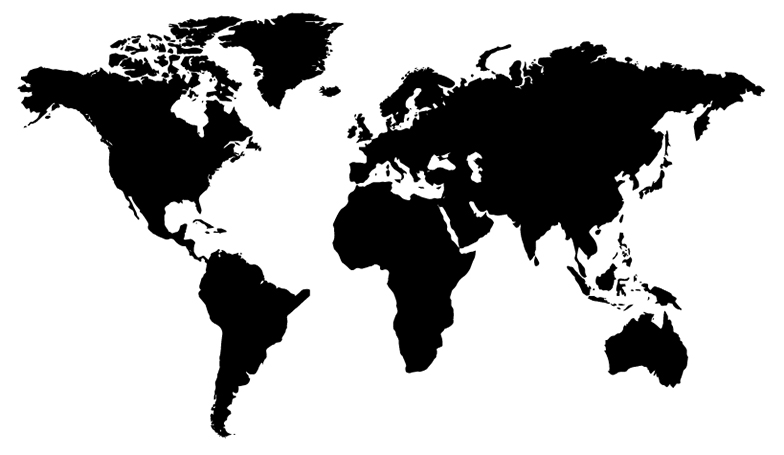I'd like to address an important issue: unaccompanied children flooding into the U.S. southern borders. That's just what author Dr. Eric Olson focuses on in his publication “How to Address Child Migration from Central America,” from the think tank Woodrow Wilson Center for International Scholars.
Olson's publication addressing Central American child migration to the U.S. draws attention to startling statistics. In the last 10 months, U.S. border authorities have detained “more than 57,525 unaccompanied children,” and many thousands more probably will be apprehended by the end of this year. These children mostly come from Honduras, El Salvador, and Guatemala. Why? Because they are driven by “chronic extreme violence, significant poverty, and limited [economic and education] opportunities in Central America.” The report startlingly illustrates the hockey stick-like increase in movement by unaccompanied young people from the three states cited above in the past three years.
Human smugglers and traffickers (who charge thousands of dollars to escort) have advertised the false belief U.S. “immigration policy [has] changed and … [unescorted] children” will be permitted entry this country. This deliberate falsehood convinced many Central America parents to hope their kids could overcome the “many dangers” of the transit because “the odds against their children” succeeding economically or otherwise in their tormented homelands where they were “surrounded by violence and exploitation by gangs and criminal networks” were less likely than surviving travel through deserts and jungle and, as all of us have seen who follow the press, transportation on top of railroad train cars. The countries cited above are considered hopeless by parents because they are the murder capitals of the world, have inept and corrupt governments, and educational opportunities are barely existent.
The author has suggestions for the U.S. government. First, Washington must persuade the three Central American states to work collaboratively with the U.S. to solve their crime and economic problems to give hope to their citizens and also to dissuade parents from believing their children will be welcomed if they arrive at our border unaccompanied.
Olson also suggests the U.S. collaborate with Mexico, too, because the unescorted children pass through Mexico on their way to our border (and are often deported too by that state). Mexico, furthermore, could cooperate with the three states and the U.S. to improve educational and economic opportunities in Central America, encouraging parents not to risk the high dangers of turning their children over to criminal traffickers who have no interest in the welfare of the children.
Selling these ideas to states normally suspicious of the U.S. (with good reasons, unfortunately), however, will be a challenge, but this is not the time for Washington to retire from this battle.
The Woodrow Wilson Center for International Scholars is the most nonpartisan think tank in the U.S. (and probably the world). Think tanks have proliferated (20 years ago, there were 100 in Washington, D.C., and now there are 400), and advocacy think tanks have multiplied and thrived. An advocacy think tank leans to the right or to the left politically but claims to be nonpartisan to maintain its Internal Revenue Code 501(c)(3) status, permitting donors to deduct contributions to the think tank from their income taxes. The Woodrow Wilson Center for International Scholars does not lean to one side or the other.
The Wilson Center mission is to provide “a link between the world of ideas and the world of policy [by] fostering research … and collaboration among a full spectrum of” people engaged “with policy and scholarship in national and world affairs.” It invites leading scholars and decision-makers from all around the globe to interface with its highly proficient permanent staff. Looking into the center's publications on a regular basis is a highly worthy enterprise.
